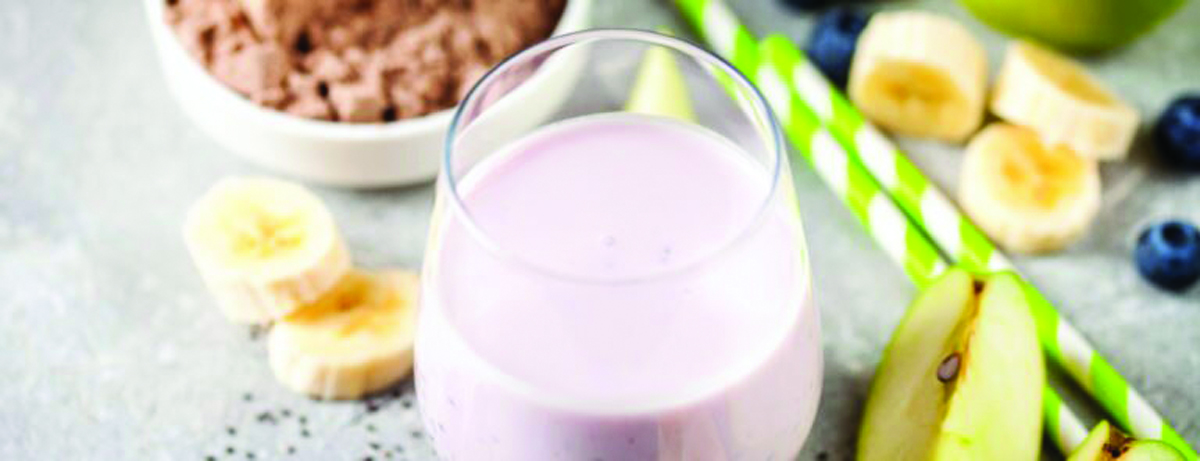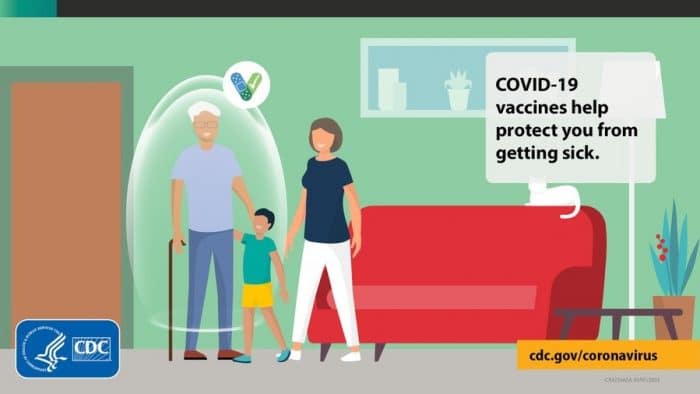Protein powders have become increasingly popular in recent years. Once only utilized by body builders to achieve increased muscle mass, protein powders are now almost considered a staple in most homes. I have often been told by a new client that they use it instead of a meal or snack, as a quick and easy on-the-go food. But are these supplements actually safe?
The answer to this is, unfortunately, very unclear. Under the Dietary Supplement Health and Education Act, no dietary supplement, including protein powders, are regulated by the FDA to make sure that they are safe and effective. There is also no requirement that supplements be tested to make sure that they contain what the labels say they contain. Research has shown that many dietary supplements sold in major drug store chains, health food stores, and respected online outlets do not contain what they are supposed to or contain ingredients not listed on the label, including potentially harmful chemicals, toxins, and metals.
What are protein powders? They are powdered forms of protein derived mainly from plants (soybeans, peas, rice, potatoes, or hemp), eggs, or milk (casein or whey protein). The powders may include other ingredients such as added sugars, artificial sweeteners, artificial flavorings, thickeners, vitamins, or minerals. The amount of protein per scoop can vary from 10-30 grams.
Start by reading the ingredients and nutrition panel. If there is a long list of ingredients, then put it back on the shelf. The less ingredients a product contains, the “cleaner” it is. The first and main ingredient should be protein. Avoid it if it contains sugar, artificial sweeteners like sucralose, or anything that is unrecognizable or difficult to pronounce! If you are comfortable with sweeteners, then the healthiest ones (as of now) are stevia and monkfruit. If you are lactose intolerant, then it is advisable to avoid the protein powders made from casein or whey protein. Because the FDA trusts the manufacturers to evaluate the safety and labeling of their products, there is no way to know if a protein powder actually contains what the manufacturer claims.
What are some of the risks?
Too much protein. When you consume too much protein, more than your body needs, your kidneys have to work much harder to process it all. This can cause harm in the long term, but more research needs to be done to confirm this. People with kidney disease or those at risk of developing kidney trouble, which includes diabetics, need to be extra careful.
Other Additives. Many protein powder supplements contain caffeine and creatinine. If someone is already having several cups of coffee/tea a day, this extra caffeine may contribute to migraines and insomnia. Creatinine increases the amount of water in your muscle cells, leading to weight gain, and will put you at a higher risk for dehydration, stomach pain, and muscle cramping.
MSG. Processed protein powders may also contain large amounts of MSG in the form of protein isolates because separating protein from its food source during manufacturing results in the creation of MSG. You won’t see it in the list of ingredients because it is a byproduct of manufacturing and does have to be listed.
Not all proteins are created equal. The process of making many protein powders often leaves a highly denatured and damaged protein, destroying many of its health-giving benefits. This is not similar to the denaturing that comes as a result of roasting vegetables or cooking an egg, but are incredibly high temperatures being used to heat proteins to the point that our bodies may not even be able to recognize them as food.
Protein needs fat. In nature, most protein-rich foods contain fats too. Without the presence of some good quality fats, your body is not able to assimilate and absorb many vital nutrients. You will not utilize the protein in these powders like you would from nuts, eggs, fish, or poultry.
Toxins. In 2018, a nonprofit group called the Clean Label Project released a report about toxins in protein powders. Researchers screened 134 products for 130 types of toxins and found that many protein powders contained heavy metals (lead, arsenic, cadmium, and mercury), bisphenol-A (BPA, which is used to make plastic), pesticides, and other contaminants with links to cancer and other health conditions or diseases. Some toxins were present in significant quantities. For example, one protein powder contained 25 times the allowed limit of BPA. Unfortunately, “organic” products were no better. In fact, products labeled “organic” contained on average over two times the levels of heavy metals of conventional products. The Clean Label Project explains that these results may be due to manufacturing processes or the existence of toxins in the soil that is absorbed by the plants being made into protein powders. One can see the results on their website www.cleanlabelproject.org.
Most of us are getting more than the Recommended Dietary Allowance for protein intake (46 grams/day for women and 56 grams/day for men), and don’t need the extra protein. Aside from rare cases, no one needs protein supplements to reach their fitness goals. Any physician and dietitian will tell you the optimal way to consume protein is via real foods such as nuts, seeds, low-fat dairy products, eggs, fish, poultry, and lean meats. I advise my clients seeking a fast breakfast to make smoothies from plain Greek yogurt, fruit (fresh or frozen), ground flaxseeds, and some unsweetened almond milk. Looking for a snack to give you an energy boost? Try a fruit, cucumbers/celery with almond butter or hummus, one or two squares of 70% cacao containing dark chocolate, or a small serving of nuts.
Protein powders often contain hidden ingredients and possibly dangerous contaminants. If you are going to use a protein supplement, remember that these are largely unregulated products and to do your due diligence before purchasing off of the shelf. If you experience any unusual side effects, stop using the product immediately and consult with your physician.
The ideal would be to try to incorporate high-protein foods into our daily diets; then we can significantly increase our natural protein intake without needing to supplement with powders.
Categorised in: Health & Fitness














